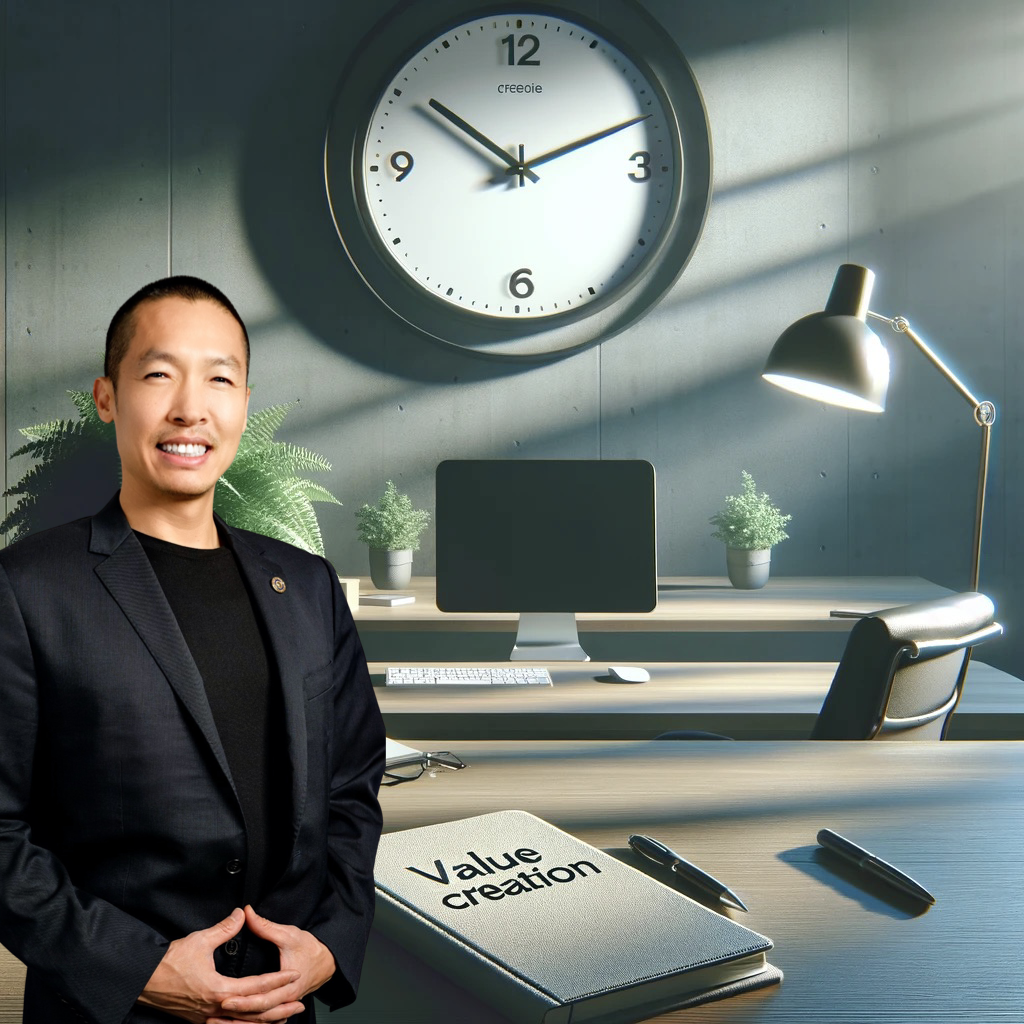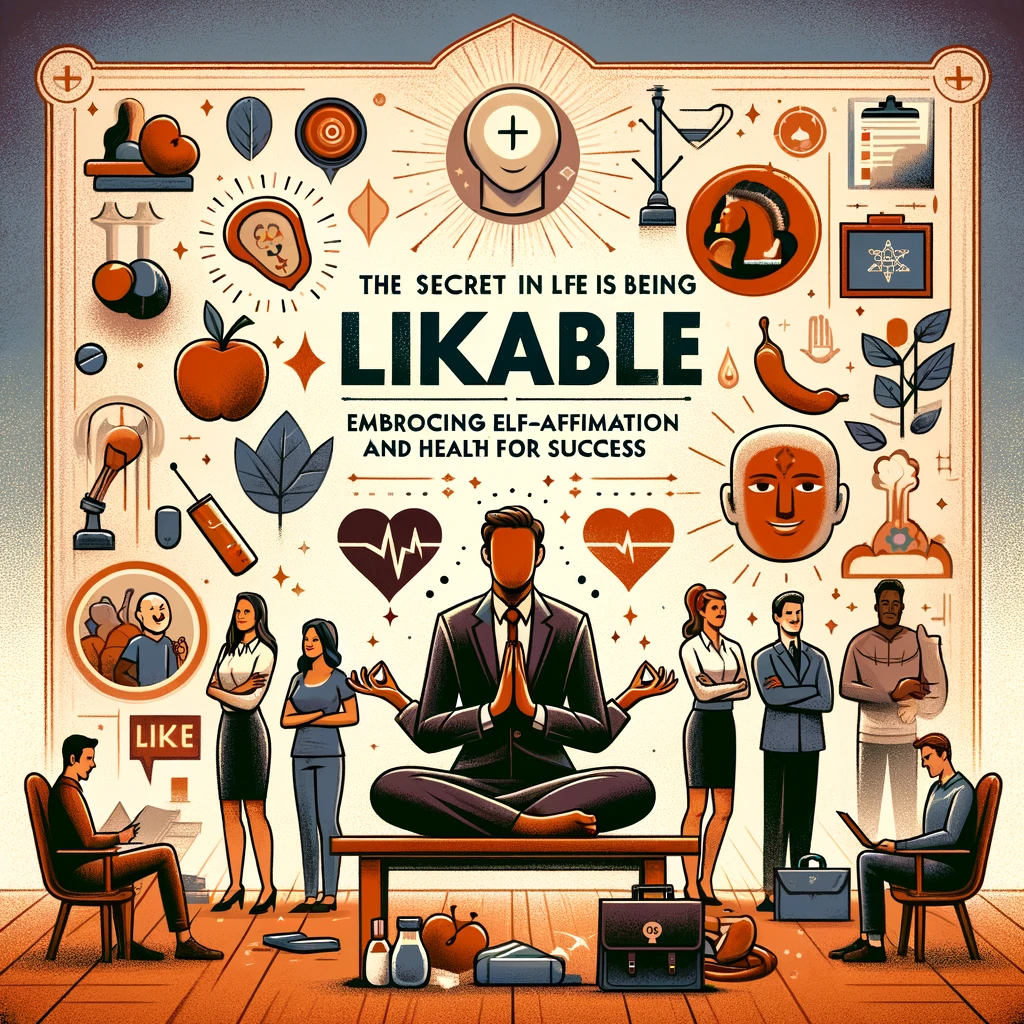On the auspicious occasion of Tết, the Vietnamese Lunar New Year celebrated on February 10, 2024, Di Tran, a prolific small business owner, author, and advocate for human connection and cultural roots in the USA, offers a profound reflection on the intrinsic value of work. His thoughts, deeply rooted in appreciation for origin, history, and human-to-human connections, resonate with a timeless truth: the ability, opportunity, and willingness to work transcend mere financial gain. They embody a divine gift that enables individuals to contribute to society, discover their self-worth, and find genuine happiness in life.
Di Tran’s perspective is not just philosophical; it is lived. Today, he cherishes the unique opportunity to work alongside his mother, a vibrant and passionate septuagenarian who, even in her 70s, exudes an indefatigable spirit. Her dedication to her craft and her customers, many of whom have become like family over 20+ years of loyal patronage, exemplifies a deep-seated passion for work that goes beyond the conventional. Her ability to engage in lively discussions about ideas and art, while serving each customer with the care and attention they would receive from a loved one, highlights the human aspect of business that Di Tran holds dear.
This mother-son duo’s approach to work is emblematic of a broader ethos that sees labor not as a burden, but as a form of worship and a path to fulfillment. Their daily hustle, characterized by creativity, passion, and an unwavering commitment to their community, illustrates the profound connection between work, happiness, and the human spirit. For Di Tran and his mother, work is an expression of love—a way to serve and connect with others, to acknowledge their humanity, and to weave a tapestry of relationships that enriches both their lives and those of their customers.
As Di Tran works quietly alongside his mother, he is moved to gratitude for this opportunity to collaborate, create, and contribute. His reflections on this day are a powerful reminder of the beauty inherent in the ability to work. “God is beautiful, and we thank God that we can work and never stop working,” Di Tran muses, his words a testament to the deep sense of purpose and joy derived from his labor. His gratitude extends to the United States and its people, whose embrace of diversity and opportunity has allowed him and countless others to pursue their dreams and find fulfillment in their work.
In sharing his thoughts during the Tết celebrations, Di Tran not only pays homage to his cultural heritage and familial bonds but also offers a universal message of hope and inspiration. His story is a reminder that work, when embraced as an opportunity to contribute, connect, and create, becomes a source of happiness and fulfillment far surpassing the material rewards it may bring. It is a call to recognize the sacredness of labor and to approach our work with the same passion, creativity, and gratitude that Di Tran and his mother exemplify daily.
As we celebrate the Lunar New Year, let us reflect on the true value of work and its role in our lives. May we all find the same joy in our endeavors, the same sense of purpose in our contributions, and the same deep connection to our fellow humans that Di Tran celebrates. In doing so, we not only honor the legacy of those who have paved the way but also forge a path toward a more fulfilling, connected, and joyful life.









